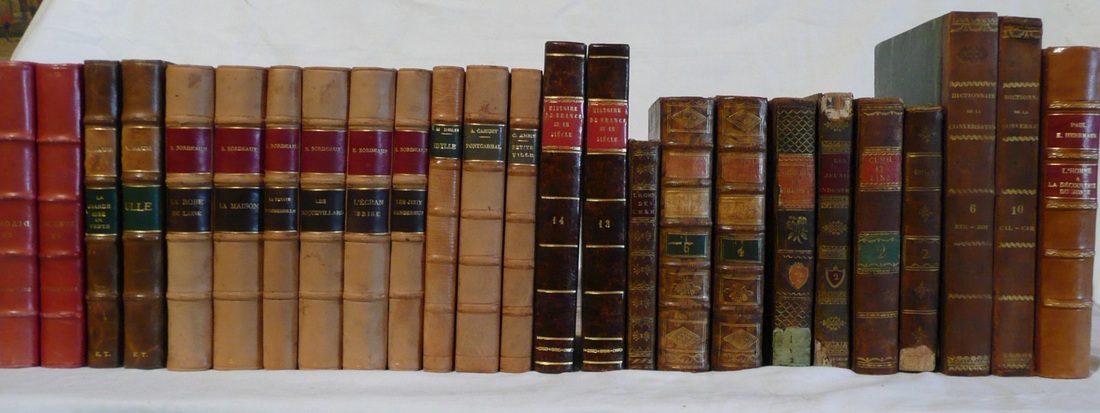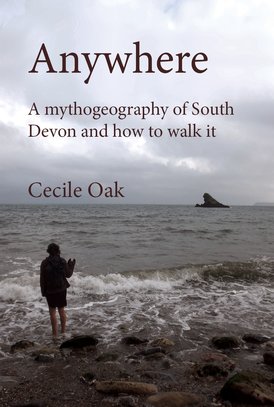How Colonialism Colonises the ColonisersNo-one encapsulates like Phil Smith.
Writing as Cecile Oak in Anywhere about his walking and ‘sploring of South Devon for the last 20 years, he uses the village of Cockington in Torquay to describe the effects of colonialism on the ‘colonial home’ (rather than the usual discussion of its effects on the ‘colonised other’). He first reports William of Orange’s 1688 landing at Brixham and describes how he rode this way [via Cockington] at the head of “200 Blacks brought from the plantations of the Netherlands in America” all wearing “Imbroyder’d Caps lin’d with white fur, and Plumes of white Feathers, to attend the Horſe”. He goes on: “After William of Orange comes, things change. The local families of wealth – Froudes, Champernownes, Carys, Courtenays, Mallocks – rather than battling against each other, contain and privilege their connections among each other. While this provincialism reflects a greater national internal stability, something else new happens; because modernity is based now on navies, on careful long-term trans-oceanic looting, on tides, on shipwreck and the coming influence of international ‘instability’, and the greater instability of all ‘things’. Now ‘things’ are made in a different way, they are not what they appear, they do not grow in nearby fields, nor are they ground in local mills, nor burnt down to lime in nearby kilns, nor woven in the cottage down the lane, nor are they the fruits of trade with equivalent producers elsewhere; instead, they are driven by a surplus riven from its source, an alienation born of thousands of miles of splitting and rending. So, year on year, composture, breaking down, chaos and decay, increasingly predominates…. This colours everything colonial, by merciless administration over there it sets everything here, for two or three hundred years, at the mercy of a madness of the sea. Torbay becomes an international schizophrenic node. Firstly, it becomes the haven and port of the Royal Navy, it is fortified with numerous watchouts and artillery positions, and then with the metamorphosis of the ‘Grand Tour’ into tourism, Torquay becomes a metropolitan-styled resort, a “gay watering place, with its London shops and London equipages” (Charles Kingsley, 1855), with an international visitor group, and imperial technology-tourists, like the Russian Admiral Popov representing the Tsar, come to see Froude’s tank-experiments at Chelston. What happens at Cockington village is a hallucination directly related to this development: it becomes the domestic equivalent of an exotic location on the Grand Tour before the European revolutions closed it down. Where once the village was the agri-production motor of the big house’s authority, barely worthy of comment in its own right, it is now subjected to an intense “tourist gaze”, its forge is “one of the most photographed buildings in the world”; part of the same colonial transformation as India’s or Burma’s, the melting into air of what seems most solid: cattle, physical labour, bread, anvil. It all hinges around that moment when those 200 slaves pass through, their “Imbroyder’d Caps lin’d with white fur”; that is the marker, the tell, the moment when the most violent break possible is made between a people and their world.” References: Anywhere - Cecile Oak/Phil Smith Charles Kingsley, Glaucus, the Wonders of the Shore |
Explore |


